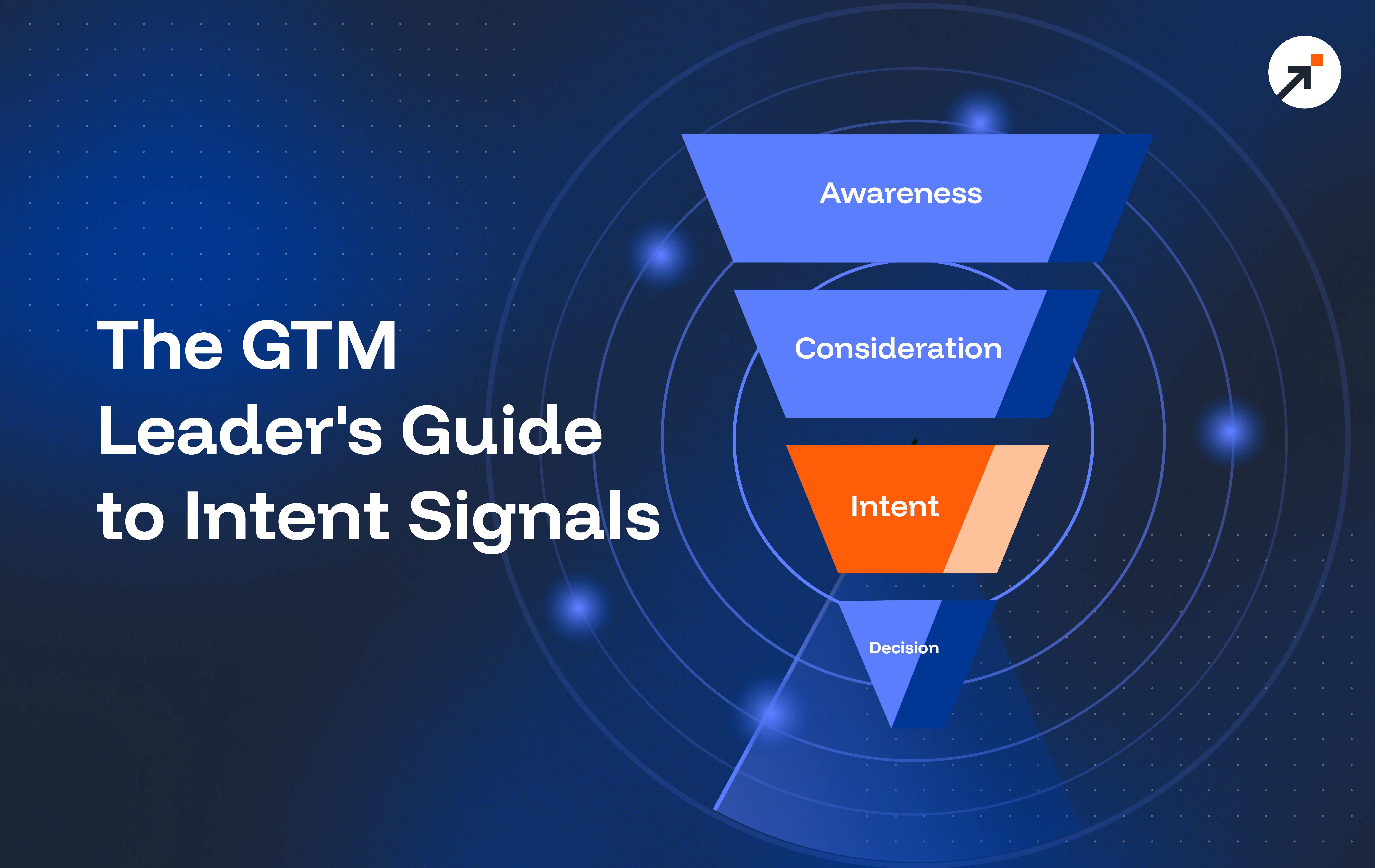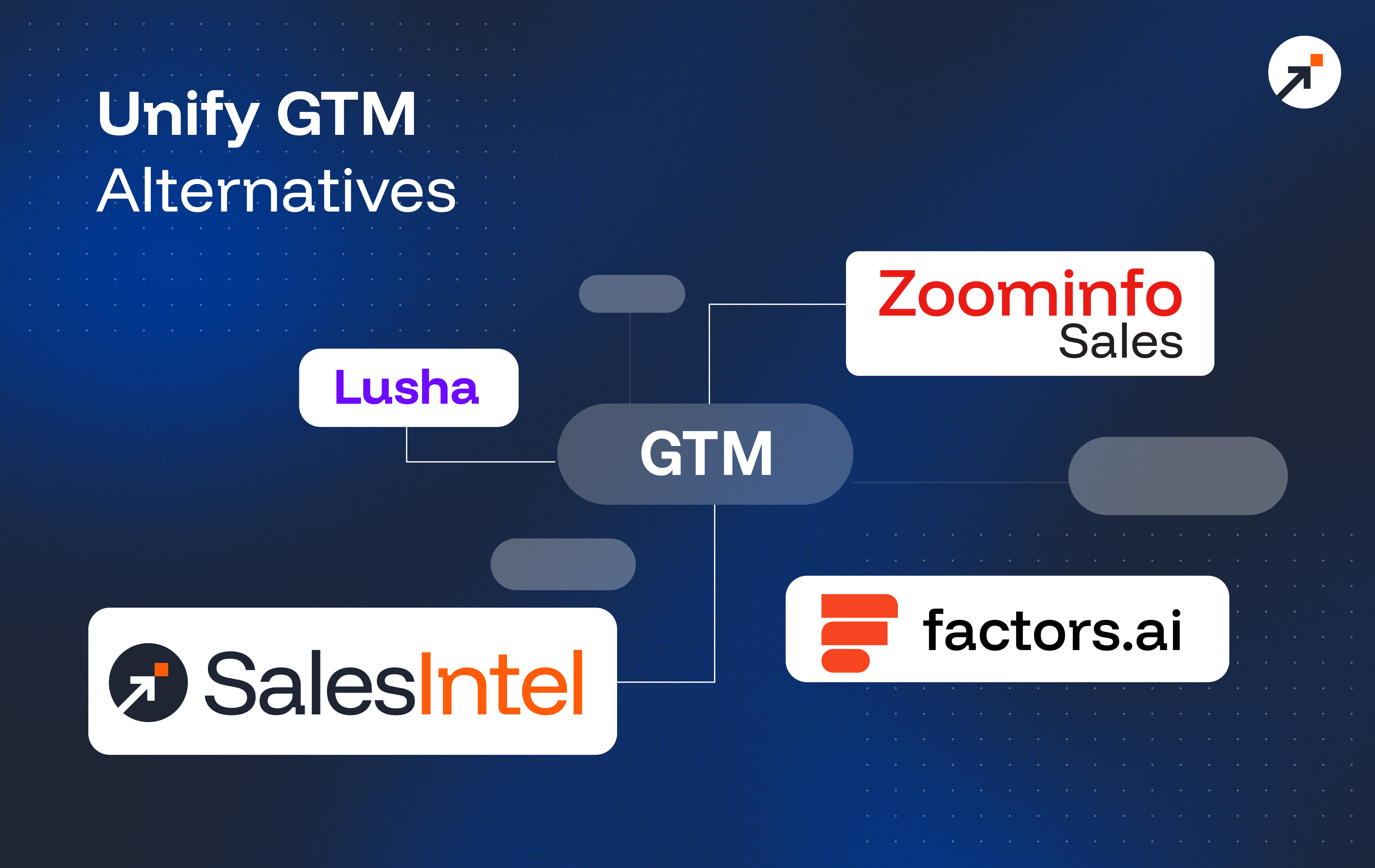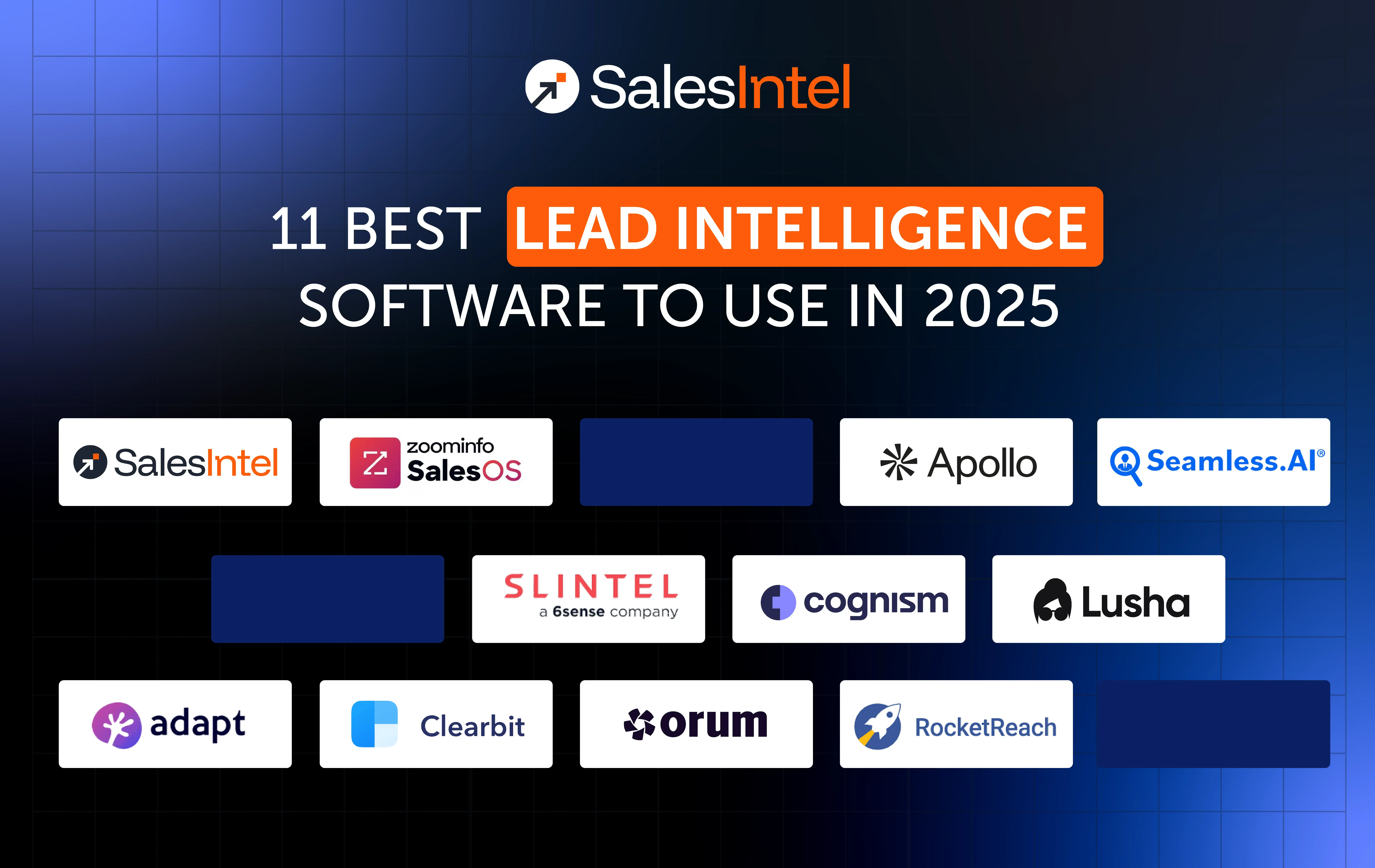Jane Doe signs in to Paypal with her Google account and connects PayPal to her favorite retail apps. The apps share data with each other to make the process of signing-in easier, and maybe qualify her for some discounts.
The next day, Jane is working on research for a totally unrelated article, but the ads alongside her search results happen to be for the new moisturizer she left in her online cart.
The connection of all of these apps on all of her devices makes it easier than ever, and statistically more likely, for Jane to make more purchases. Using that data the companies can generate better recommendations, and ultimately improve sales and marketing while also helping generate better predictions based on actual data in real-time.
But at what point is Jane’s privacy being invaded? Is her data, so distributed among different apps and services, really secure?
These are some of the largest concerns that have been brought to the forefront of the marketing world. Experts insist that going forward marketing analytics must join forces with data security to reach its fullest potential without a major disaster.
The Walls Have Eyes
It’s a common suspicion that our devices, from smartphones to our pal Alexa, are listening in on our everyday lives. And that suspicion isn’t completely unfounded. Earl Perkins, an analyst at Gartner, explains that “as connected devices proliferate, it’s similar to having multiple ‘video cameras’ at different angles of a person’s life taking shots during the same time frame.” Yikes.
This phenomenon of cross-referencing anonymous data with more anonymous data to identify the source of the data is referred to as “de-anonymization.” It requires abundant data that’s somewhat consistent over a period of time, but that’s not hard to come by when we have such copious data at the tips of our fingers.
This is just the beginning of cyber-security concerns in the 21st century, where every device, person, and company seem to be more interconnected than ever before. And so is the information that they collect and share. How are we using it?

Marketing and Data, a Dangerous Duo
Marketers and Data Analysts agree that collecting and studying customer data is an effective way to increase returns. Some studies even show that doing so can result in “productivity and profit gains that are 5 to 6 per cent higher than those of their competition.”
Unfortunately, many marketing firms mine for data enthusiastically unaware of the potential consequences, especially in terms of data security.
Professors Kelly D. Martin, Abhishek Borah, and Robert W. Palmatier noticed this gap in awareness and conducted a study about how data vulnerability affects marketing firms.
In their study, the researchers identify “four distinct effects” of data vulnerability on marketing, each with negative effects of varying intensities. Experimental scenarios were used to evaluate each category’s average vulnerability on a scale of one to seven.
The first, seemingly harmless category is Data Access Vulnerability, This is the basic level of data vulnerability that is inherent in practices like providing personal data to retailers. At this level, the firm or business has access to one’s personal data, and will most likely utilize it for marketing purposes. Subjects were presented with the all-too-familiar scenario that “we are writing to inform you that our privacy policy has changed.” The vulnerability-mean was 3.26.
The next category is Data Breach Vulnerability, which is when the company with personal data suffers from a breach. The scenario was, of course, the harrowing notification that “your customer profile was one of those compromised.” This category had the highest vulnerability rating at 5.57.
There was also Data Spillover Vulnerability, which is when a rival company suffers a data breach, and the company with your data is on high alert. They may send some kind of notification to let you know your data is safe with them, though they are on the lookout. The vulnerability rating here was a 3.94.
The last category was Data Manifest Vulnerability, where “a data breach allows customer data to be misused, such as identity theft.” So, not only was your customer profile compromised, but there may be fraudulent charges on your account. The vulnerability-mean, in this case, was 5.24.
Suffering the Consequences
While it may seem inconsequential that none of these averaged the top vulnerability of 7, the professors contend that data vulnerability at any level carries consequences on market values, specifically because of customer loyalty and perception.
They demonstrate the various levels of trust that are potentially violated in each case of vulnerability, and illustrate how this can result in not just negative word of mouth, but also losing customers.
As marketers collect more and more data, there are greater chances of users becoming de-anonymized and of third parties misusing personal data whether the bad actors gained it through working with the marketing company or through a data breach. In this matter, confidential computing for data security offers a promising solution to mitigate the risks associated with data collection, enabling marketers to analyze sensitive information while keeping it fully encrypted and protected.
Marketers need not forget that personal data is always to some extent vulnerable, and should be protected at all costs. As marketing gains more data than ever, the need for addressing security concerns is at an all-time high.





